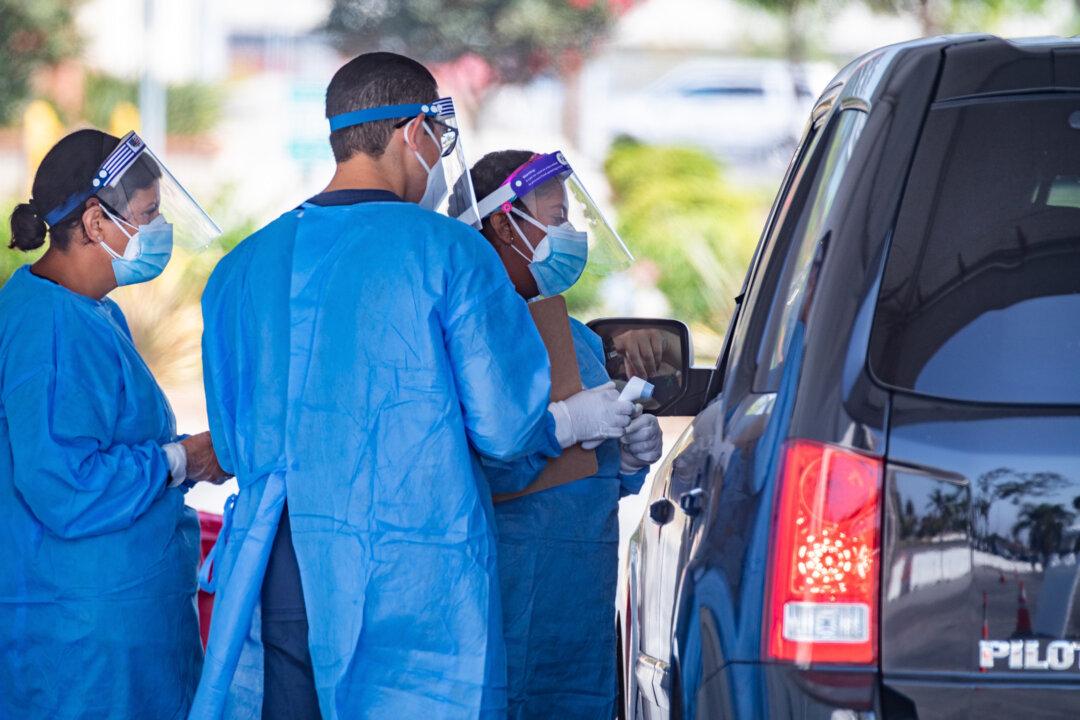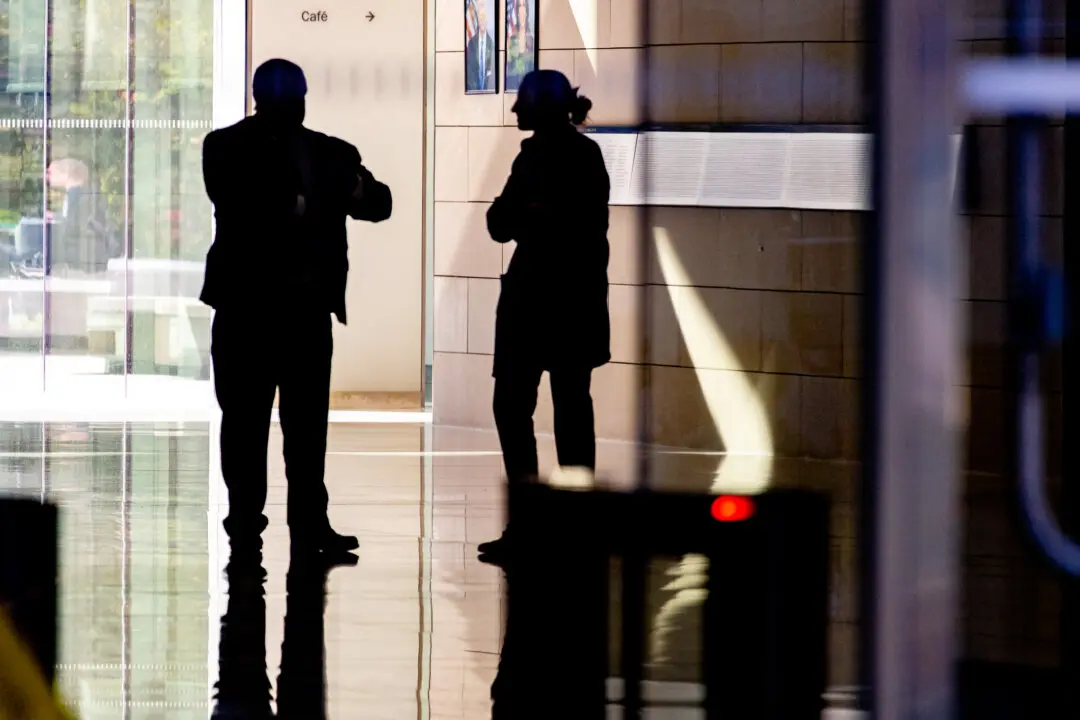SANTA ANA, Calif. (CNS)—The relatively high number of new COVID-19 cases reported in Orange County continues to jeopardize the county’s hopes of moving into the next tier of California’s four-tier monitoring system.
Orange County reported 512 new cases of COVID-19 and three additional deaths on Nov. 8, bringing the county’s totals to 62,255 cases and 1,509 fatalities reported.





